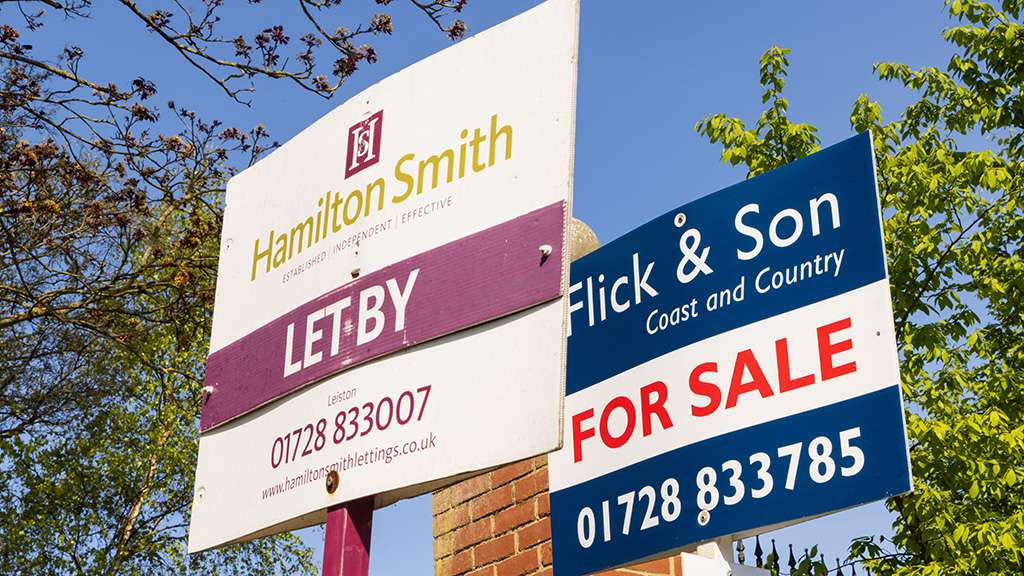Landlords are quitting the rental sector in growing numbers ahead of sweeping reforms to tenants’ rights and amid fears of further tax hikes in the autumn budget.
New figures show investor appetite for buy-to-let has dwindled after years of mounting costs imposed by successive governments, with experts warning that the squeeze will drive up rents for tenants.
The shift began in 2016, when then-chancellor George Osborne introduced a 3 per cent stamp duty surcharge on additional homes. Mortgage interest relief was phased out between 2017 and 2020, followed by cuts to the capital gains tax (CGT) allowance in 2023. Labour’s Rachel Reeves, who succeeded Jeremy Hunt as chancellor, introduced another stamp duty hike last year.
Now landlords face the twin pressures of the government’s renters’ rights bill – which will abolish no-fault evictions and strengthen tenants’ rights – and the possibility that Reeves could apply national insurance contributions to rental income.
The result is a sector-wide retreat. Data from the Royal Institution of Chartered Surveyors (RICS) showed rental listings falling at their fastest rate since April 2020, when the pandemic froze the market. Its net balance metric for landlord instructions dropped to -37 last month, indicating a sharp decline in supply.
RICS forecasts rents will rise by about 3 per cent over the next year as tenants compete for fewer homes.
Landlord exodus in numbers
Buy-to-let investors accounted for just 10.3 per cent of all property buyers so far this year, compared with 15.7 per cent a decade ago, according to Hamptons.
HMRC data analysed by Savills shows CGT-related property sales – which include landlords and second-home owners – rose from 110,000 in 2016 to 223,000 last year, jumping from 9.5 per cent to 18.3 per cent of all residential transactions.
Meanwhile, buy-to-let mortgage repossessions were up 11 per cent year-on-year, UK Finance reported last month.
The National Residential Landlords Association (NRLA) found earlier this year that more than a quarter of landlords sold at least one property in 2024, while just 8 per cent had expanded their portfolios.
Ben Beadle, NRLA chief executive, said: “The idea that higher taxes are good for renters is simply not correct. Despite some modest improvements in supply, there are still an average of 11 renters chasing every home to rent. Further tax hikes will serve only to dampen investment, undermine tenant choice and push rents even higher.”
Policy gamble backfires
Governments have long argued that squeezing landlords would free up homes for first-time buyers. But analysts warn the strategy is flawed: many ex-rental homes are in areas where first-time buyer demand is limited, while the overall pressure on landlords has fuelled rent inflation for tenants who remain in the market.
Tax consultancy RSM predicted smaller, so-called “amateur” landlords will continue to exit, leaving the sector increasingly dominated by professional investors with large portfolios.
Chris Etherington, a partner at RSM, said: “We may ultimately see a long-lasting and profound change in the mindset of investors who shy away from becoming a landlord in the first place.”
Mortgage rates for buy-to-let borrowers have eased to their lowest level since September 2022, with average two-year fixed rates down to 4.88 per cent from a peak of 6.64 per cent last year, according to Moneyfacts.
But Rachel Springall, a finance expert at the company, said: “The mounting pressure on landlords is stark. While lower rates will be welcomed, ongoing legislative and tax changes mean confidence is still being undermined.”
Renters’ rights bill – the biggest shake-up since 1988
The renters’ rights bill, now progressing through parliament, represents the most significant reform of private renting in nearly four decades. Key measures include:
- Ending Section 21 “no-fault” evictions
- Greater rights for tenants to challenge rent increases
- A ban on discrimination against tenants in receipt of benefits
- Minimum energy efficiency standards, with all rental homes required to achieve EPC grade C by 2030
Analysts say the reforms could deter further investment, especially when coupled with Labour’s hints of additional landlord taxes.





